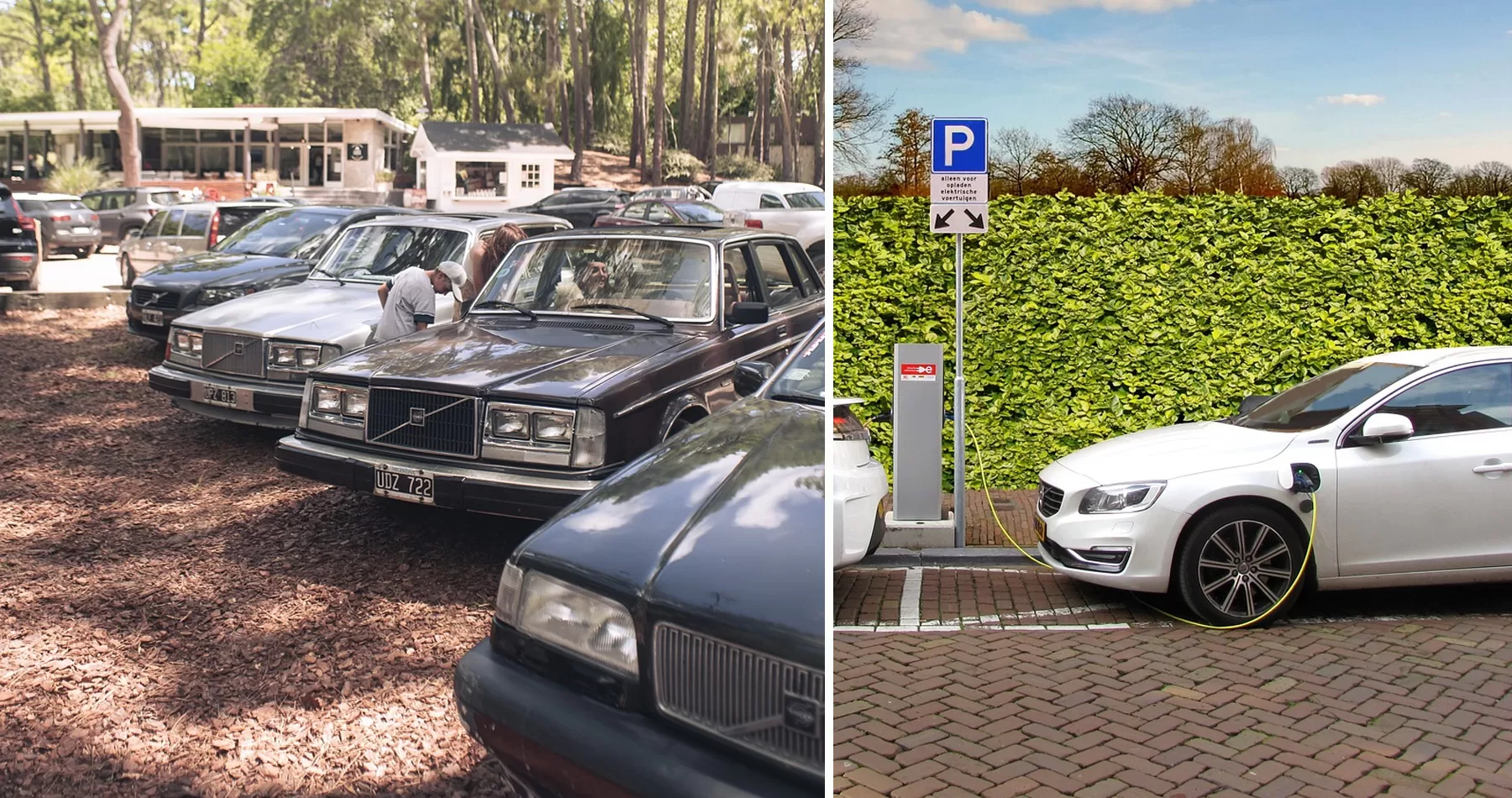Volvo has announced its intention to phase out the production of diesel-powered vehicles by early 2024, as part of a strategic shift toward a more sustainable and environmentally friendly future. This audacious move positions Volvo as a forerunner among legacy automakers in the transition to an all-electric lineup. Volvo is committed to achieving a fully electric vehicle (EV) lineup by 2030 as a majority-owned subsidiary of China’s Geely.
Volvo to stop diesel cars output by 2024-plans to go all-electric by 2030
The Shift Away from Diesel
Not long ago, diesel-powered models accounted for a sizable portion of Volvo’s vehicle sales in Europe, with diesel cars accounting for a sizable share in 2019. This landscape, however, has undergone a dramatic transformation. Diesel cars accounted for only 8.9 percent of Volvo’s total sales by 2022, indicating a significant decline in demand for diesel-powered vehicles.
A Promising Future in Electrification
Volvo’s August sales figures revealed an encouraging trend, according to a recent development. Full-electric or plug-in hybrid models accounted for approximately 33% of Volvo’s sales that month. This surge in EV sales demonstrates consumer acceptance of electric mobility. It is important to note, however, that the remaining 67 percent of sales included both combustion-engine models, though the exact breakdown between gasoline and diesel was not specified.
The European Landscape
The decline of diesel vehicles in Europe has been well-documented, with several factors contributing to this shift. The infamous Volkswagen emission-cheating scandal exposed the environmental impact of diesel cars and led to a decline in consumer trust. In response, automakers have been steadily reducing the availability of diesel models within their lineups.
This transformation is particularly striking when we consider the statistics. In 2015, diesel cars constituted more than half of all new car sales in Europe. However, by July, the share of diesel cars in total sales had dwindled to just over 14 percent.
Conclusion
Volvo’s decision to discontinue diesel production marks a significant step forward in the global automotive industry’s transition to electrification. Volvo is demonstrating its commitment to reducing its carbon footprint and embracing a sustainable future by taking this bold step. As Volvo approaches its goal of becoming an all-electric automaker by 2030, it will be fascinating to see how the automotive landscape evolves and what role Volvo plays in shaping it.
Also Read,
- Pickup price 2021
- Mahindra Thar on road price in Kerala
- XUV 300 on road price in India
- Mahindra XUV 700 on road price in Kerala
- Mahindra XUV700
- 2022 Maruti Suzuki Brezza
- Alto 800 Price in Kerala
- Alto K10 2022 | Alto K10 2022 model price
- Ignis price in India in 2022
- Alto 800 price in India
- Eco price in India
- Ertiga price
- Swift price On road in India
- Vitara Brezza
- Maruti Suzuki Wagon R price in India
- New Celerio 2021
- Swift Price in Kerala
- Vitara Brezza with price
- Wagon R Price in Kerala
- MINI COOPER SE
- MG Astor-
- MG Hector price in Kerala
- Nissan Pathfinder 2022
- Renault Triber review
- Most expensive Rolls Royce
- S cross price in India
- Skoda Kodiaq
- Super Cars worth waiting for
- Nexon Price in Kerala
- TATA Harrier on-road price in Kerala
- Tata Upcoming Cars
- Tiago Price in Kerala
- 2021 tesla model 3 standard range
- Fortuner Top Model Price in India
- Innova Crysta price in India
- Innova Crysta Price in Kerala
- Price for Toyota Yaris 2021
- Toyota Urban cruiser price in India
- Polo on road price in Kerala
